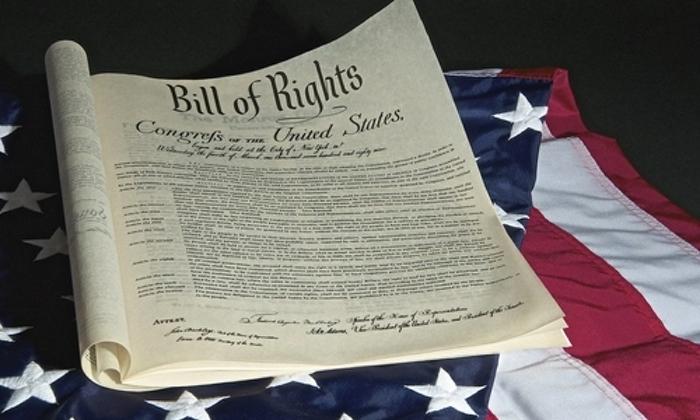Commentary
One of the main arguments for the enactment of a national Bill of Rights in Australia is that they are effective mechanisms to protect fundamental human rights.


One of the main arguments for the enactment of a national Bill of Rights in Australia is that they are effective mechanisms to protect fundamental human rights.